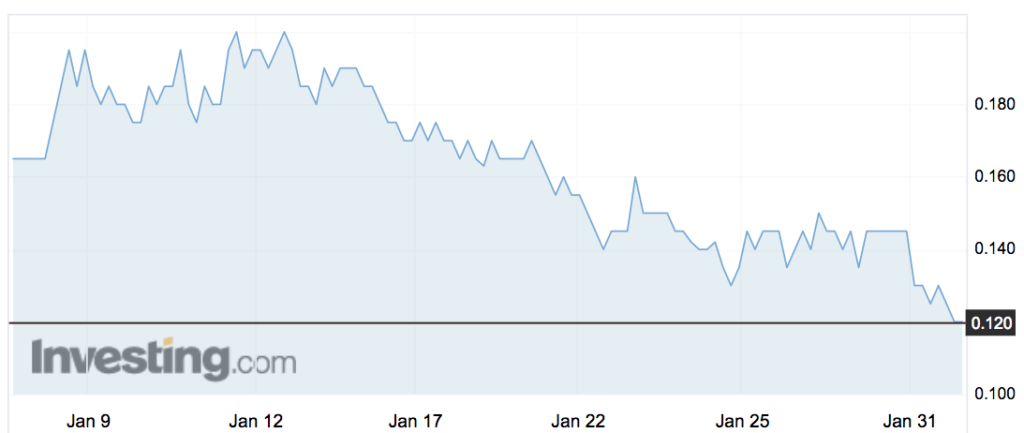Blockchain meets AI in video streamer Linius’s ultimate piracy-fighting technology
Tech
Tech
Video streamer Linius is adding blockchain to its technology to better fight the war against film and TV film piracy.
Blockchain technology, which provides an encrypted, public ledger of transactions, is best known as the basis of cryptocurrencies such as bitcoin. But it has many other potential applications such as enforcing digital contracts, securing public records or regulating online voting.
Blockchain has been used in the past to protect digitally distributed content — notably in 2015 when Grammy-winning singer Imogen Heap sent a new song to fans via the Ethereum network.
Blockchain-protected video distribution takes a bit more work — but it could allow for complete transparency and automation of the streaming process, so payments can go directly to copyright holders no matter the jurisdiction, says Linius.
“With current methodologies, a video blockchain would be impossibly big due to the size of the video files,” Linius told investors in its quarterly report on Wednesday.
Now Linus says it has just the solution with its Video Virtualisation Engine (VVE) – tech that exposes the data behind videos to make them just as flexible as other forms of data.
“Virtual video are fractions of a percent of the size of current videos. They’re ideally suited as digital assets which can be recorded, transferred and managed by a blockchain.”
“The Linius blockchain will be used to protect, distribute and monetize the video itself. When a virtual file is transferred, the Linius VVE will send the actual video data to be played out only after the content owner’s rules have been satisfied,” it said.
Add to that the company’s aptitude in AI and they tick all of the ASX-hype boxes – but investors don’t seem convinced.
Shares in Linius (ASX:LNU) closed at 12c on Wednesday, down 17 per cent to give it a market cap of $50.6 million.

Integration with Microsoft’s cloud platform Azure saw the share price spike from 4.8c in December to as much 19.5c earlier this month.
The company is yet to receive customer payments and in its December quarterly reported a cash burn of $1.97 million, with $3.53 million left in the bank at the end of the period.
Roadshow Films engaged Linius’ anti-piracy solution in October, for their six-part sequel to Romper Stomper and was a proof of concept – but now the company is looking to engage a global movie studio to try out their capacity for mass content distribution.
To date there has been no reports of the number of its virtual videos created, but Linius say it is not far off.